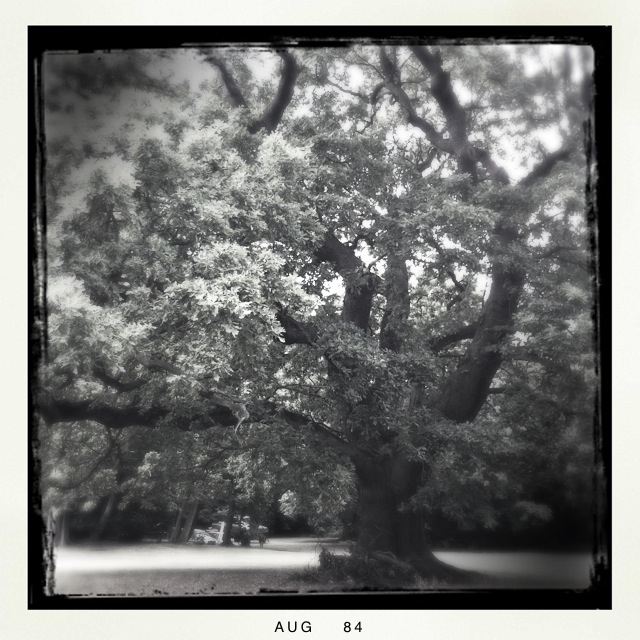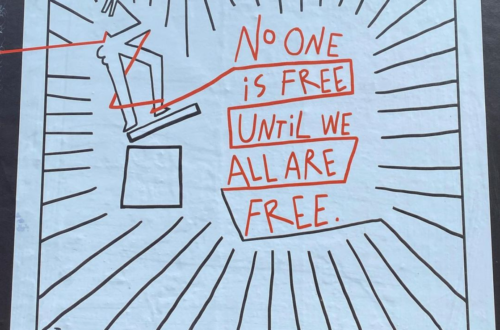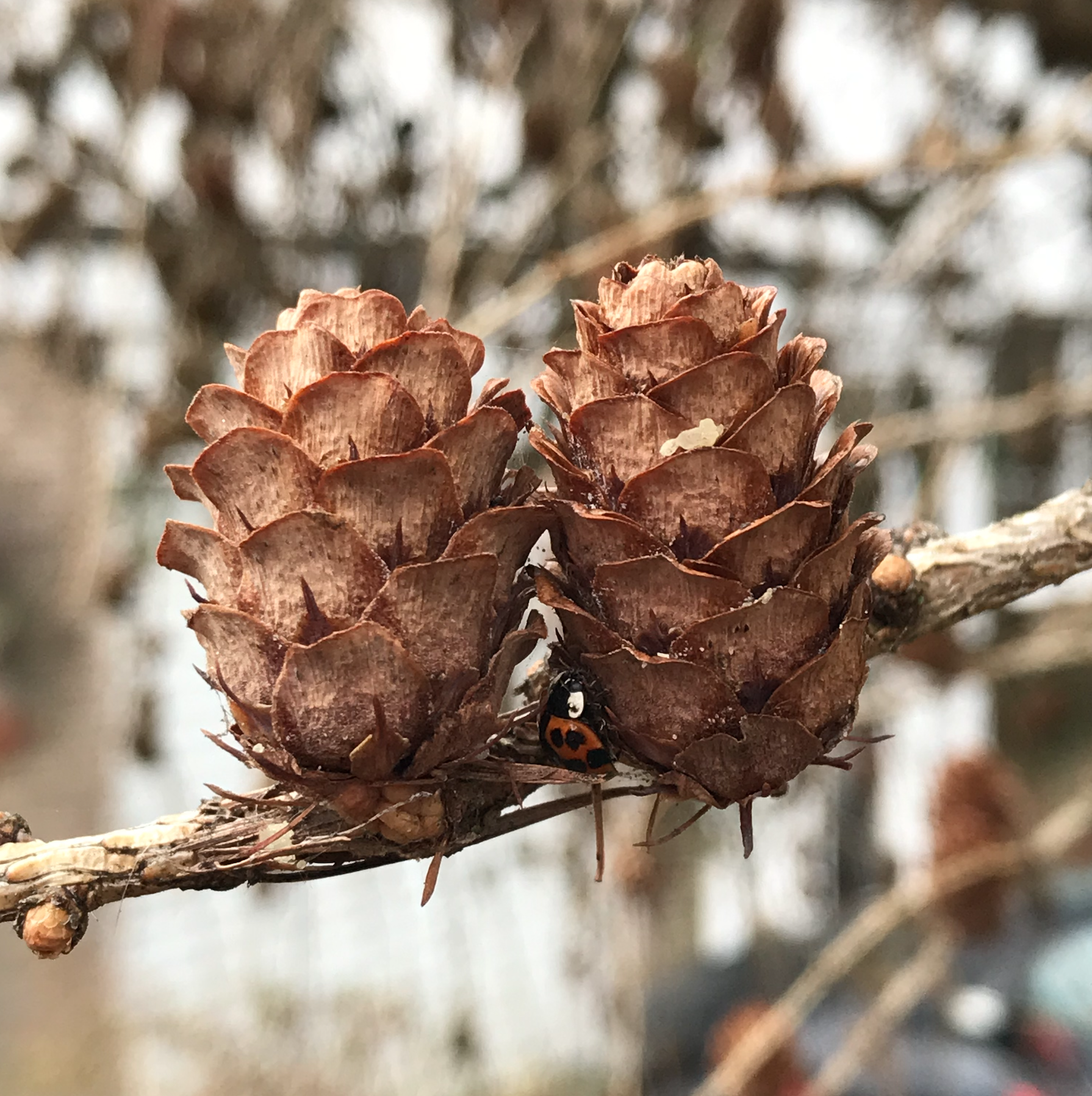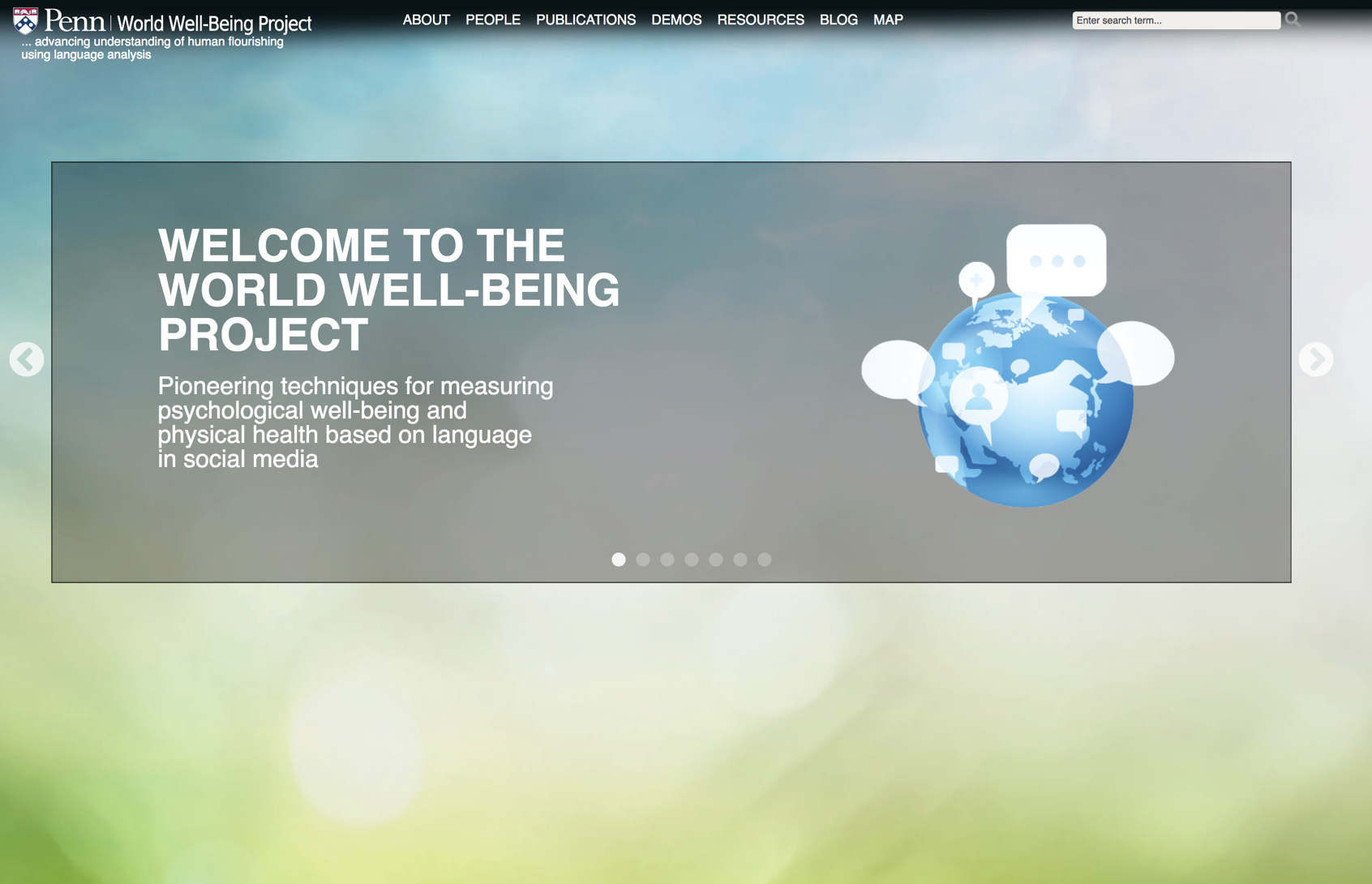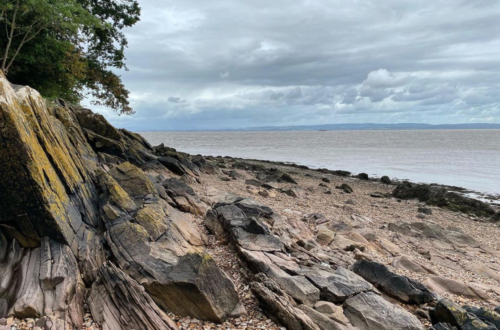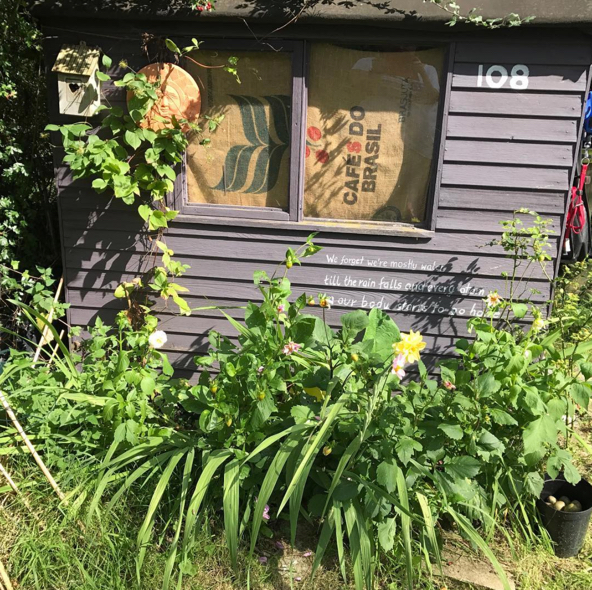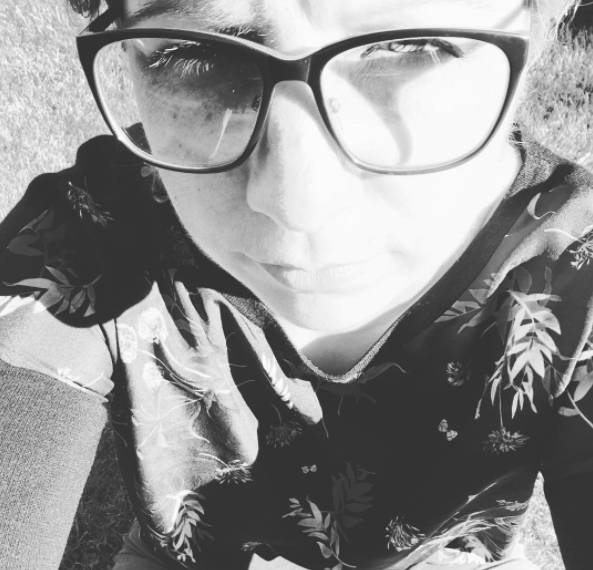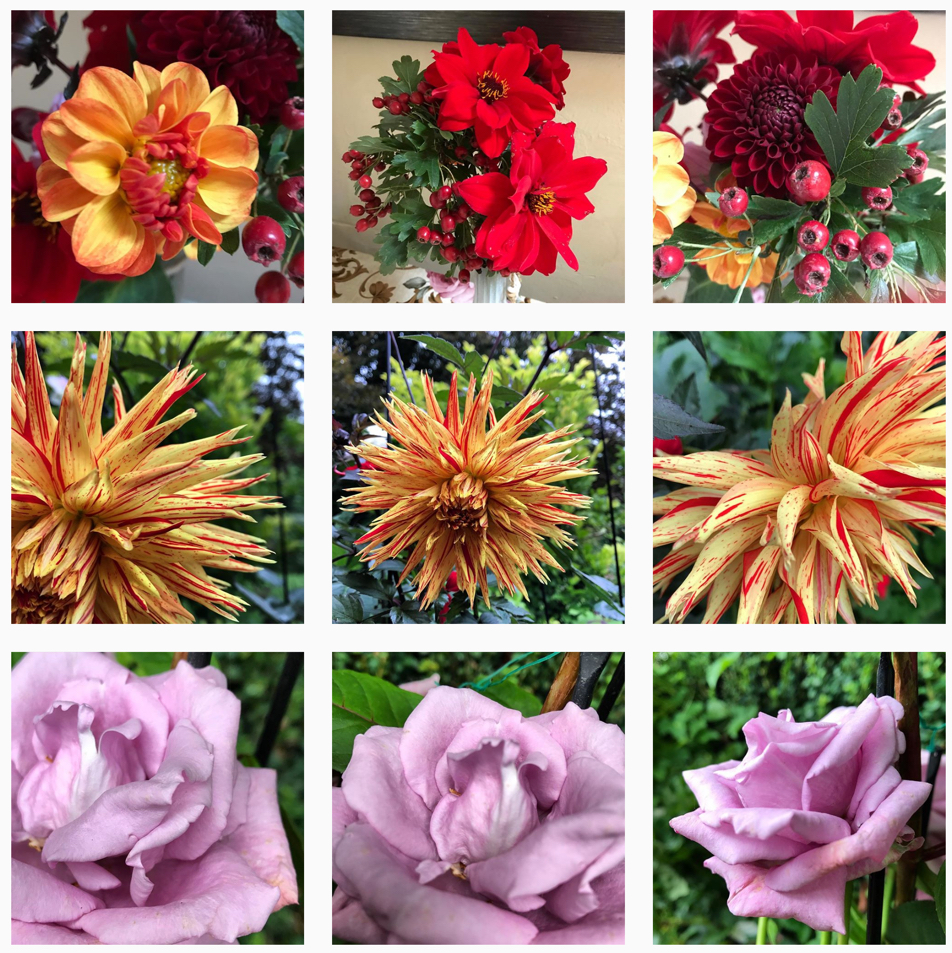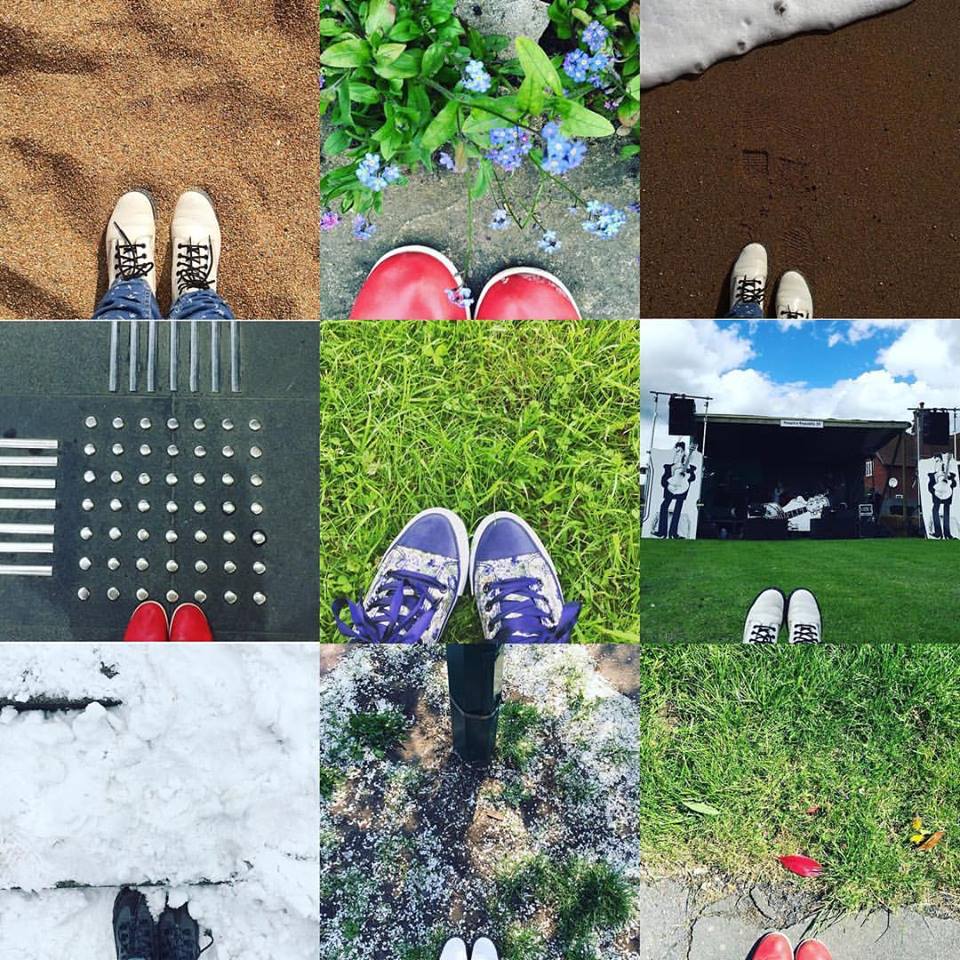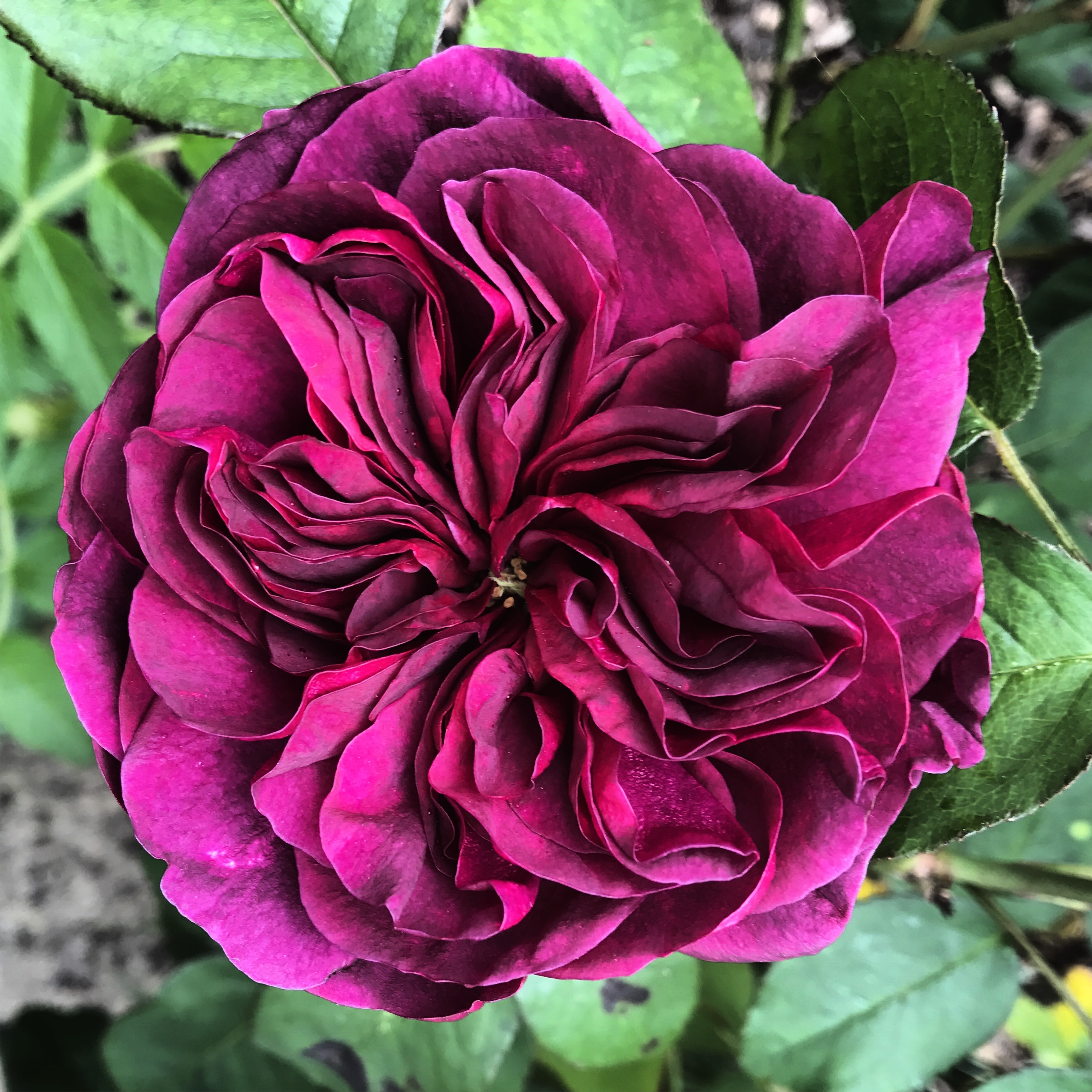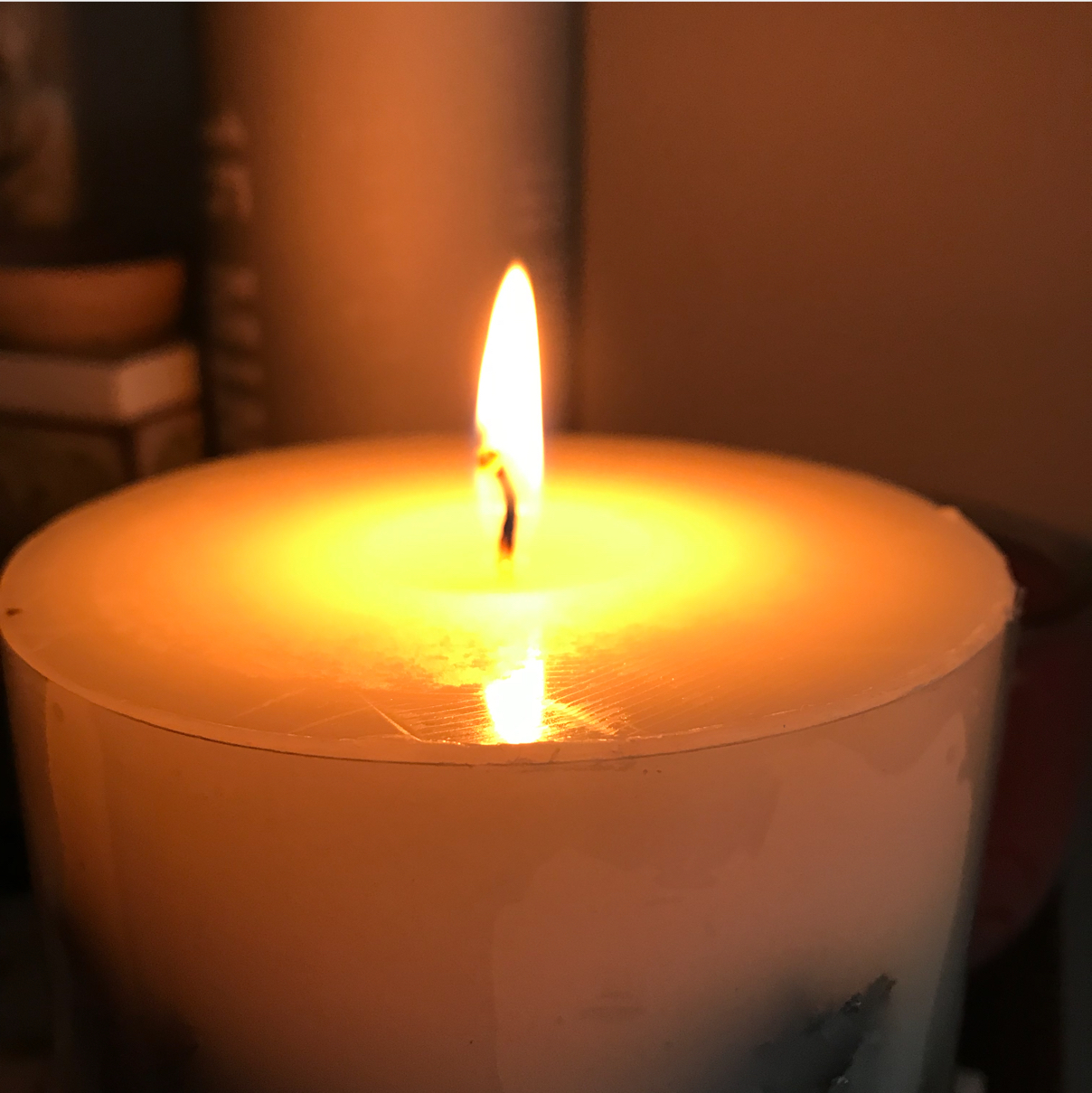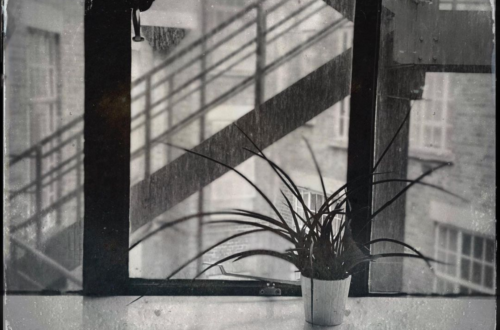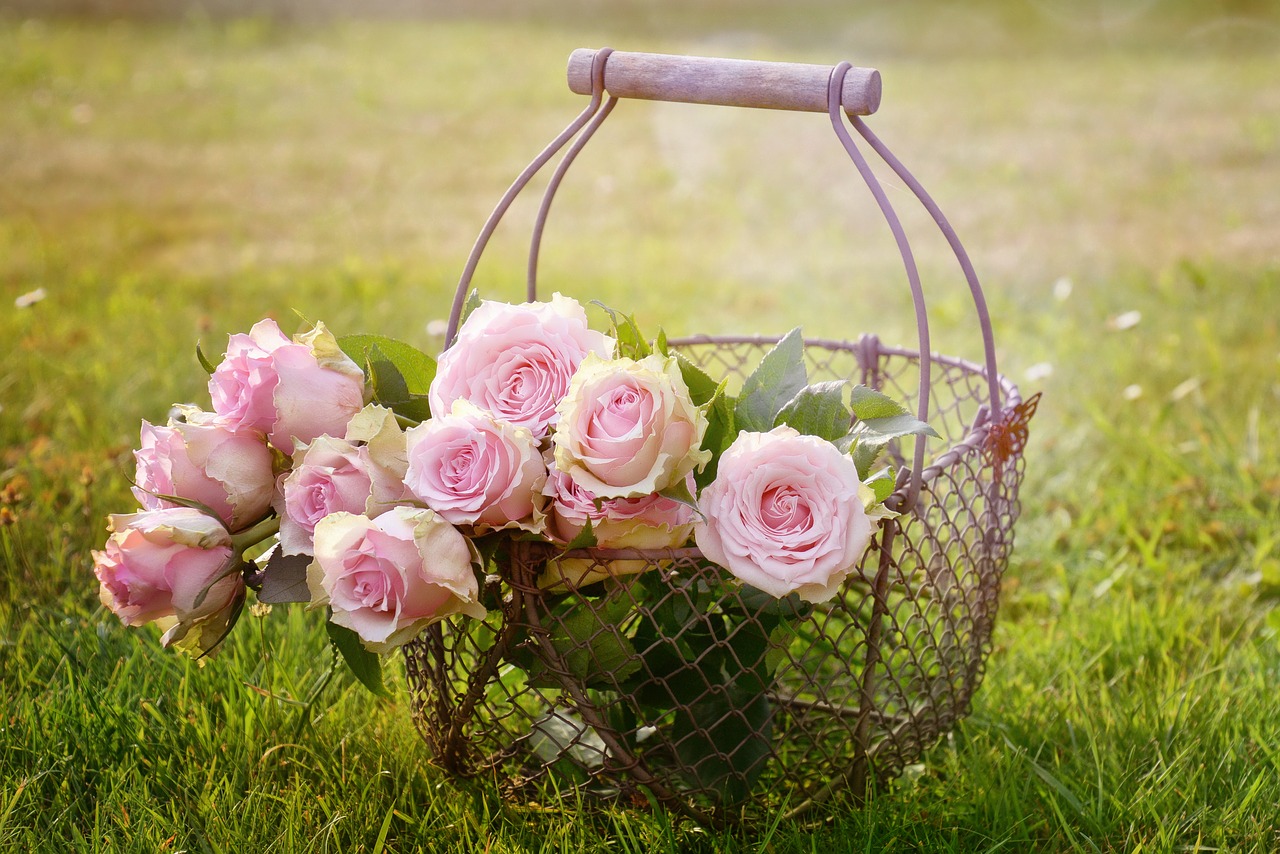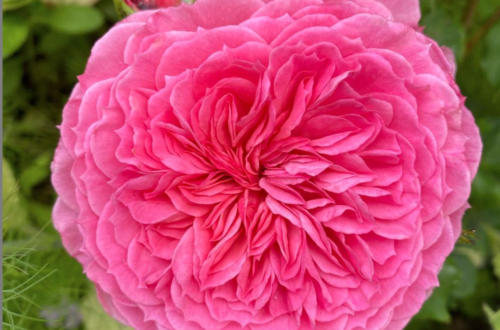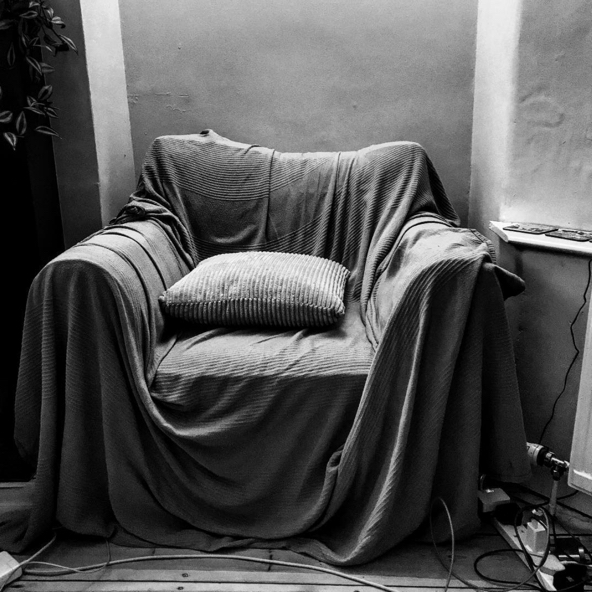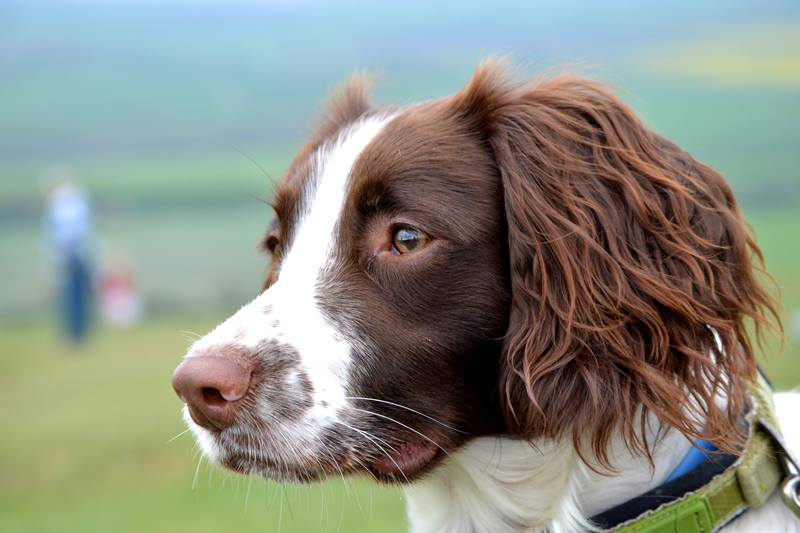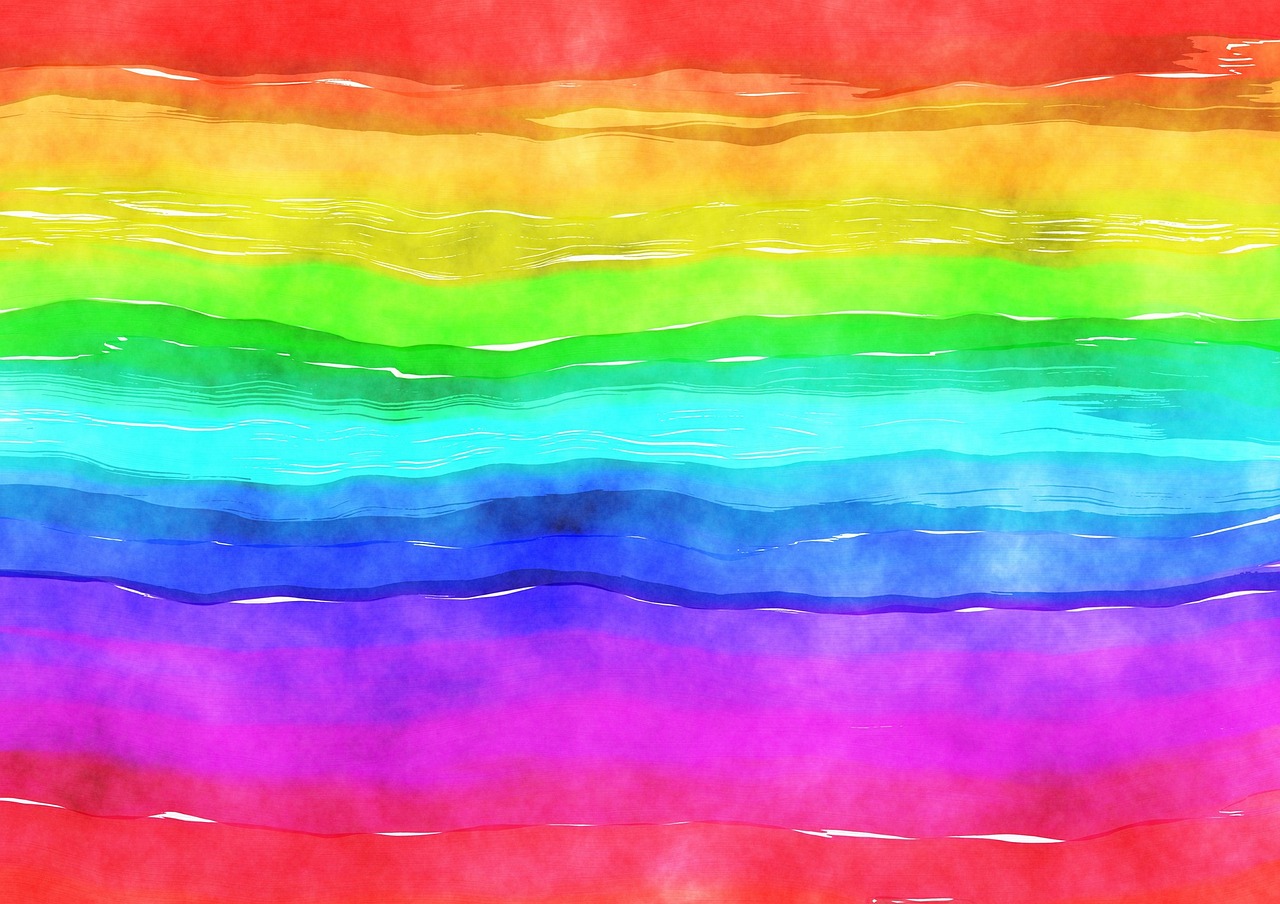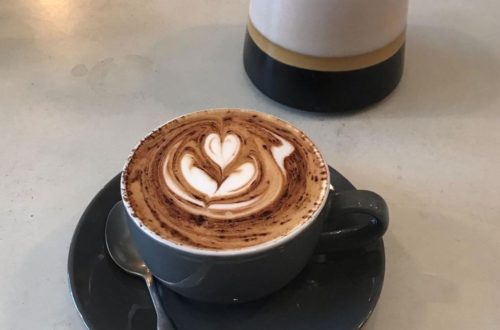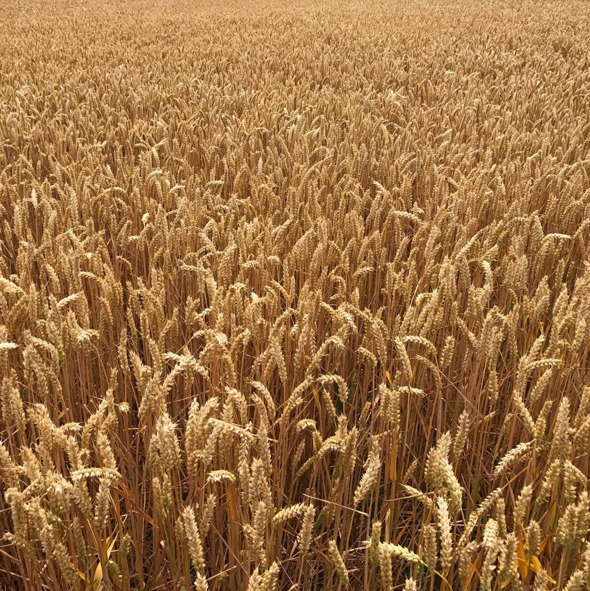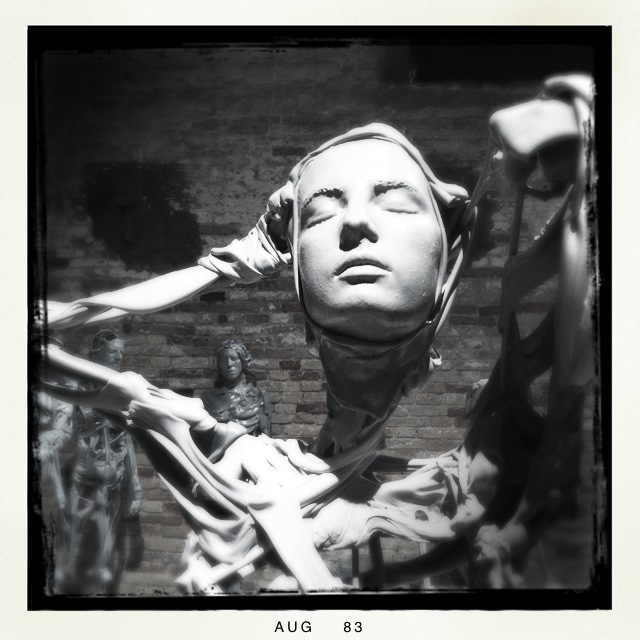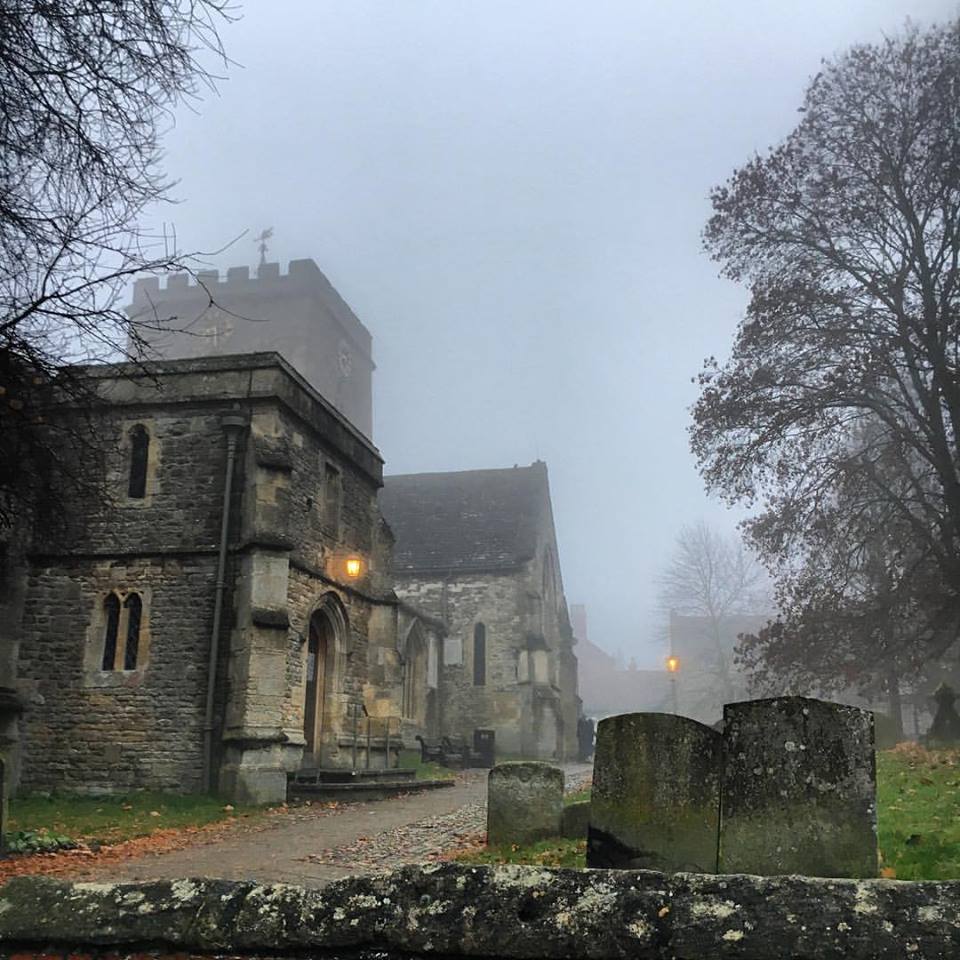-
Destiny

“It is not in the stars to hold our destiny but in ourselves.”
― William Shakespeare -
World Well-Being Project
I think it was a really good idea to study positive psychology this summer and autumn. I am finding it fascinating, obvious, uplisting but also extremely practical – a lot of well-being practices and positive interventions have worked for me in the past, I just wasn’t aware of the fact that modern psychology is actually looking at the science behind them. Today I was learning about various applications of positive psychology in the new tech and social media landscape and came across the World Well-Being Project. Back in my first UK job I remember running sentiment analysis of social media conversations from the commercial point of view, so the findings of depression and other areas of mental health through analysis of social media conversations are now a new idea to me. I really appreciate however that this work is funded, published and shared mostly for free. The entire field of cyberpsychology is not new either so as I am revising all the core psychology in my studies I am quietly also getting really excited about the new frontiers of it too.
-
Nature

“A human being is a part of the whole called by us universe, a part limited in time and space. He experiences himself, his thoughts and feeling as something separated from the rest, a kind of optical delusion of his consciousness. This delusion is a kind of prison for us, restricting us to our personal desires and to affection for a few persons nearest to us. Our task must be to free ourselves from this prison by widening our circle of compassion to embrace all living creatures and the whole of nature in its beauty.”
― Albert Einstein -
Love

“It is good to love many things, for therein lies the true strength, and whosoever loves much performs much, and can accomplish much, and what is done in love is well done.”
― Vincent van Gogh -
Art

“Everything you can imagine is real.”
― Pablo Picasso -
See you in a week
It was my last week at the care home this week and so I have promised some of the people I met there to come back next week just for a coffee. As much as I like new challenges, I simply struggle with endings. And for the therapy work that’s an area I need to have a solid preparation for. But something someone elderly said to me astonished me: “See you in a week is not something we like to hear out here” (meaning: in a week we might not even be alive anymore). It was so honest, so open. I managed to build some really strong relationships there through our mind games and reminiscence activities but that’s it. This was my last week. The memories and learnings from my work will remain and I am really grateful for those. It’s so humbling to work with people who have a very grounded view of life and death. And it is exactly death that I’m going to study in autumn, so this ending is a great beginning too. Just of a different journey.
-
Fun

“Life is more fun if you play games.”
― Roald Dahl -
My summer reads about death
I think I might have mentioned that I would read a few books about death in preparation for my autumn bereavement studies. Below are the ones that I would recommend:
- C.S. Lewis “A Grief Observed” – a classic written about his loss of his wife, a great study of a range of emotions, doubts, bargaining, unresolved questions. A classic many bereavement sources refer to.
- Max Porter “Grief is the thing with feathers” – a very good read for someone who grew up on E. A. Poe’s “Raven” poem which also presented death as a bird. A great metaphor of death touching a family of a husband with two little boys. Really emotional journey. Really well-written book. Great read.
- Julia Samuel “Grief Works” – honestly….not so well written (it does not flow well) but very useful for the actual therapy work.
- Alice Sebold “The Lonely Bones” (also a movie) – a study of a murder of a young girl and her journey towards afterlife but also observations of her family affected by the loss (including the actions of the killer). The really wide range of losses and bereavements. Very moving too. I loved the imagery of the movie.
- Paul Kalanithi “When breath becomes air” – so intense there was a point at which I wanted to throw the book out of my window (my brain was in pain!) but could not! Gripping. Intense. So very honest. So revealing. And most of all a unique perspective on death from a neurosurgeon who needs to say goodbye to his beloved ones. Study of death from a very intimate point of view.
- Hannah Kent “Burial Rites” – I enjoyed this book because it took me back to the times when counselling was a specialty of priests. It is a story of a girl who is convicted of a crime and needs to prepare for the final death punishment. It features a series of confessions. A brilliant study of vulnerability in the eyes of death but also of trust between the priest and the girl (a key element of an effective therapy)
- Peter Bridgewater “Mindfulness and the Journey of Bereavement” – I struggled with the design of the book – due to long-term stress I tend to suffer from migraines so reading funny font on complex backgrounds is a bit painful and somewhat contradicts the idea of clarity which is to come with mindfulness. The content is really useful though, especially for a person who is bereaved as it offers specific suggestions for a wide range of feelings coming together with the death of a close one. It’s a healing read. It is pragmatic but also kind. It also showed me the richness of experience of bereavement and how unique it can be to every single one of us.
I am leaving the iconic trilogy by Kubler – Ross for then too. I think I had enough of various takes on death and bereavement for now. A Positive Psychology series started on Coursera with Martin Seligman and I have decided to take it. I think it’s a good idea for me to counter-balance bereavement studies with another course, but one on our positive feelings. Do let me know if there is anything else I should read about bereavement in autumn.
Additionally few good quotes below, for me, but you might find those interesting too.
C.S. Lewis “A Grief Observed”
“We were promised sufferings. They were part of the program. We were even told, ‘Blessed are they that mourn,’ and I accept it. I’ve got nothing that I hadn’t bargained for. Of course it is different when the thing happens to oneself, not to others, and in reality, not imagination.”
“No one ever told me that grief felt so like fear. I am not afraid, but the sensation is like being afraid. The same fluttering in the stomach, the same restlessness, the yawning. I keep on swallowing.
At other times it feels like being mildly drunk, or concussed. There is a sort of invisible blanket between the world and me. I find it hard to take in what anyone says. Or perhaps, hard to want to take it in. It is so uninteresting. Yet I want the others to be about me. I dread the moments when the house is empty. If only they would talk to one another and not to me.”“The death of a beloved is an amputation.”
“God has not been trying an experiment on my faith or love in order to find out their quality. He knew it already. It was I who didn’t. In this trial He makes us occupy the dock, the witness box, and the bench all at once. He always knew that my temple was a house of cards. His only way of making me realize the fact was to knock it down.”
“I once read the sentence ‘I lay awake all night with a toothache, thinking about the toothache an about lying awake.’ That’s true to life. Part of every misery is, so to speak, the misery’s shadow or reflection: the fact that you don’t merely suffer but have to keep on thinking about the fact that you suffer. I not only live each endless day in grief, but live each day thinking about living each day in grief.”
“I thought I could describe a state; make a map of sorrow. Sorrow, hoever, turns out to be not a state but a process.”
“Aren’t all these notes the senseless writings of a man who won’t accept the fact that there is nothing we can do with suffering except to suffer it?”
Max Porter “Grief is the thing with feathers”
“Moving on, as a concept, is for stupid people, because any sensible person knows grief is a long-term project. I refuse to rush. The pain that is thrust upon us let no man slow or speed or fix.”
“[Grief] is everything. It is the fabric of selfhood, and beautifully chaotic. It shares mathematical characteristics with many natural forms.”
“They offer me a space on the sofa next to them and the pain of them being so naturally kind is like appendicitis. I need to double over and hold myself because they are so kind and keep regenerating and recharging their kindness without any input from me. CROW”
Alice Sebold “The Lonely Bones” (also a movie)
“These were the lovely bones that had grown around my absence: the connections-sometimes tenuous, sometimes made at great cost, but often magnificent-that happened after I was gone. And I began to see things in a way that let me hold the world without me in it.”
“Sometimes you cry, Susie, even when someone you love has been gone a long time.”
Paul Kalanithi “When breath becomes air”
“There is a moment, a cusp, when the sum of gathered experience is worn down by the details of living. We are never so wise as when we live in this moment.”
“I can’t go on. I’ll go on.”
“I began to realize that coming in such close contact with my own mortality had changed both nothing and everything. Before my cancer was diagnosed, I knew that someday I would die, but I didn’t know when. After the diagnosis, I knew that someday I would die, but I didn’t know when. But now I knew it acutely. The problem wasn’t really a scientific one. The fact of death is unsettling. Yet there is no other way to live.”
“The tricky part of illness is that, as you go through it, your values are constantly changing. You try to figure out what matters to you, and then you keep figuring it out. It felt like someone had taken away my credit card and I was having to learn how to budget. You may decide you want to spend your time working as a neurosurgeon, but two months later, you may feel differently. Two months after that, you may want to learn to play the saxophone or devote yourself to the church. Death may be a one-time event, but living with terminal illness is a process.”
“The physician’s duty is not to stave off death or return patients to their old lives, but to take into our arms a patient and family whose lives have disintegrated and work until they can stand back up and face, and make sense of, their own existence.”
Hannah Kent “Burial Rites”
“It’s not fair. People claim to know you through the things you’ve done, and not by sitting down and listening to you speak for yourself.”
“Now comes the darkening sky and a cold wind that passes right through you, as though you are not there, it passes through you as though it does not care whether you are alive or dead, for you will be gone and the wind will still be there…”
-
Blueberries

“I still think of you whenever I see blueberries.”
― Mary Simses, The Irresistible Blueberry Bakeshop & Cafe -
Homeland

“Never complete. Never whole.
White skin and an African soul.”
― Michelle Frost

